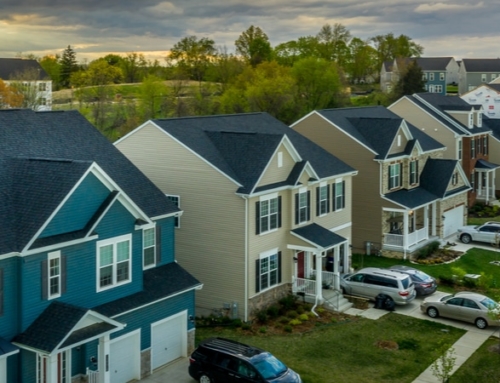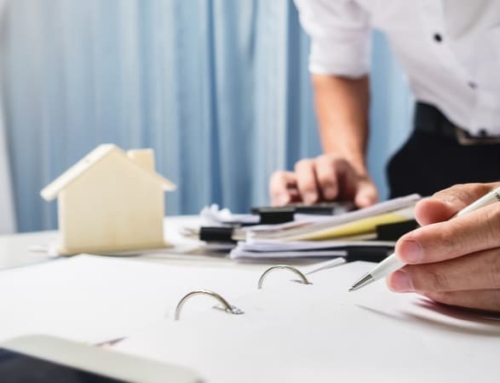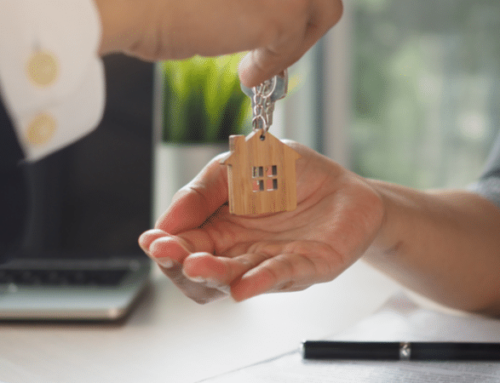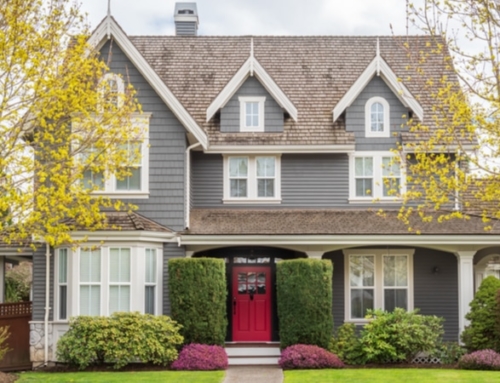Q: I recently bought a single family home for $540,000 in a good school district. I put 20 percent down, and took out a jumbo loan at 5.875 percent. My monthly payment for the house is $2,800, which is a little higher than 50 percent of my gross monthly income.
I still own my townhouse where I lived for 12 years. The current market value is $385,000, but my loan is only $90,000. I could rent the property for $1,750 per month, and I’ll clear $750.
Here’s my question: Should I rent the townhouse and use rent profit each month to pay my other mortgage or is it too much of a gamble?
I’m a single earner (for now) and I’m worried that I bought my new house in a real estate bubble. The house could lose a lot of value if the bubble bursts. The townhouse is in a great location and I can get a renter easily. When I advertised it for rent, more than 25 people called wanting to see it.
I live in the Washington D.C./Baltimore area and I do expect more people will move there because of military base consolidation. The townhouse is in perfect condition, and is ready for sale. My fear is that in a year or two it will be damaged and I may not get a great price.
Finally, while I’ve been married for 6 years, I never thought to put the townhouse into my wife’s name. Will I be paying capital gains if the profit on the property exceeds $270,000?
A: Let’s start with your townhouse.
While it appears that you have about $295,000 in equity, the profit on the property is calculated by taking the sales price and subtracting the cost of sale plus the cost of purchase. You can also subtract from your “profit” any expenses you paid for structural improvements, like the cost of a new roof or an addition you put on the house.
Since you are the sole owner of the property, you should be able to take up to $250,000 in profits tax free on the sale of your primary residence, as long as you’ve lived in the house for two of the last five years. It appears that you have met this requirement. Since you are married, you are allowed to exclude up to $500,000 in profits before you pay any taxes. But your accountant or tax preparer could advise your further.
While it sounds like the townhouse is a perfect rental property for you, it does come at a price. The property will likely sustain at least some damage if you rent it, but perhaps it will be nothing that a quick coat of white paint can’t fix. Meanwhile, you’ll have two years in which to pocket $750 per month (minus any costs of repairs), and two years in which the townhouse could continue to appreciate in value.
The real issue is whether you feel you’ll be able to sleep at night. Not everyone is cut out for being a landlord, and I’d be a bit on the sleepless side if I knew that 50 percent of my gross monthly income was dedicated to paying the mortgage. That’s a fairly steep percentage.
The possible solution is to sell the townhouse and use some or all of the profits to pay down your mortgage, which you should then refinance in order to lower your interest rate (you’ll have a conventional mortgage which should cost less) and monthly payments.
If you want to keep both properties, you and your spouse should have a heart-to-heart talk about how you’re going to manage the process together.
July 1, 2005.






Leave A Comment